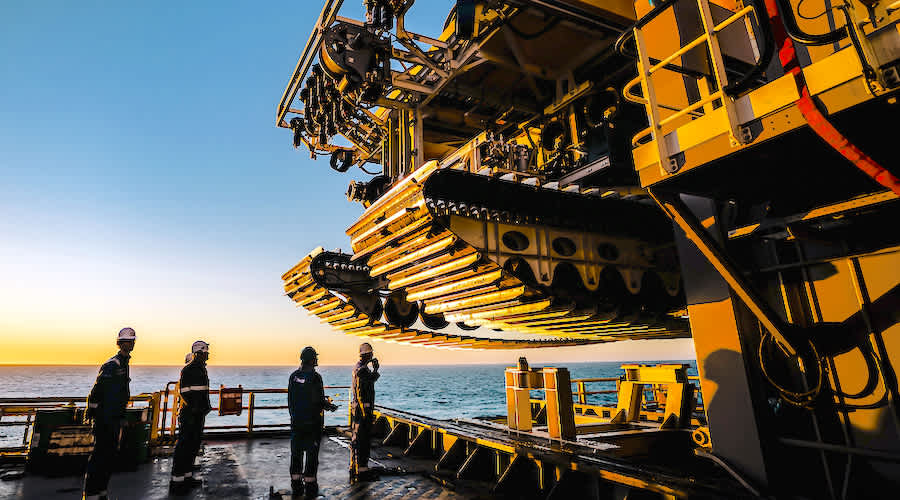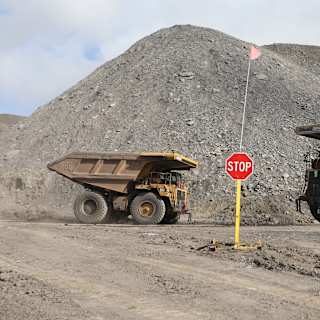- Streamlined Processes Cut Years to Weeks
- First Offshore Mineral Lease in Decades Moves Forward
- Environmental Groups Raise Concerns
The Interior Department announced sweeping policy changes Wednesday to accelerate offshore critical minerals development, streamlining permitting processes and extending exploration timeframes as the Trump administration pushes to reduce America's reliance on foreign mineral supplies.
The Bureau of Ocean Energy Management and Bureau of Safety and Environmental Enforcement will implement the changes across all development stages to "reduce delays, improve coordination and provide greater certainty for industry," according to an Interior Department statement. The move represents the latest step in President Trump's strategy to challenge China's dominance in critical mineral supply chains.

Under the new policies, BOEM will extend early-stage exploration permits from three to five years and apply streamlined environmental reviews for preliminary activities12. The agency can now identify potential development areas independently, eliminating requirements to first issue formal information requests or form joint task forces with other agencies1.
The changes also minimize "unnecessary paperwork and compliance steps" for mapping, testing and site development activities2. Combined with emergency permitting procedures announced in May, approval timelines that once took years could now be completed in weeks3.
"The United States cannot afford to wait," Interior Secretary Doug Burgum said when announcing emergency procedures in May. "We are cutting through unnecessary delays to fast-track the development of American energy and critical minerals"3.
The policy changes build on momentum from the first offshore mineral lease evaluation in over 30 years, launched near American Samoa in May following a request from U.S.-based Impossible Metals Inc12. The company formally requested the lease sale on April 8, prompting BOEM to begin a multi-step evaluation process2.
Industry groups have welcomed the administration's approach. "This Executive Order marks a decisive and strategic step toward reshoring critical mineral production," said Erik Milito, president of the National Ocean Industries Association3.
Environmental organizations oppose the accelerated timeline, warning of potential ecosystem damage. "Scientists agree that deep-sea mining is a deeply dangerous endeavor for our ocean," said Jeff Watters of the Ocean Conservancy1. More than 30 countries have called for moratoriums on seabed mining1.
The policy changes implement Trump's April executive order "Unleashing America's Offshore Critical Minerals and Resources," which directed agencies to expedite permits for accessing nickel, cobalt, copper and other minerals essential for technology and defense applications23.
The U.S. Outer Continental Shelf spans 3.2 billion acres and contains substantial untapped mineral reserves, according to federal officials4.



